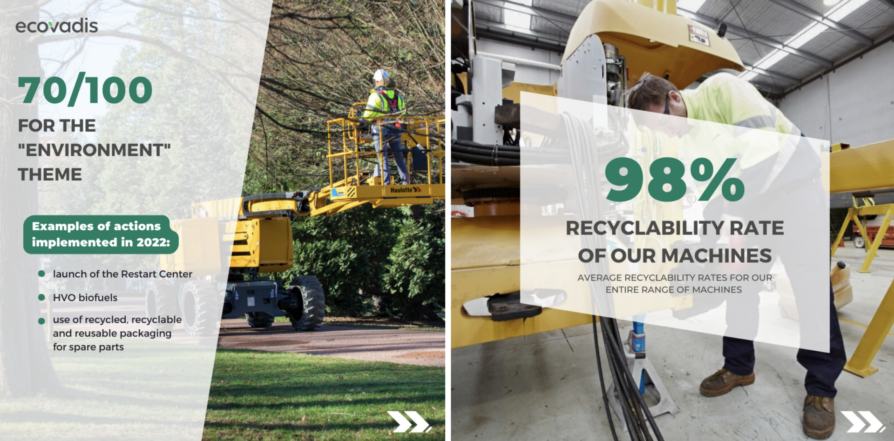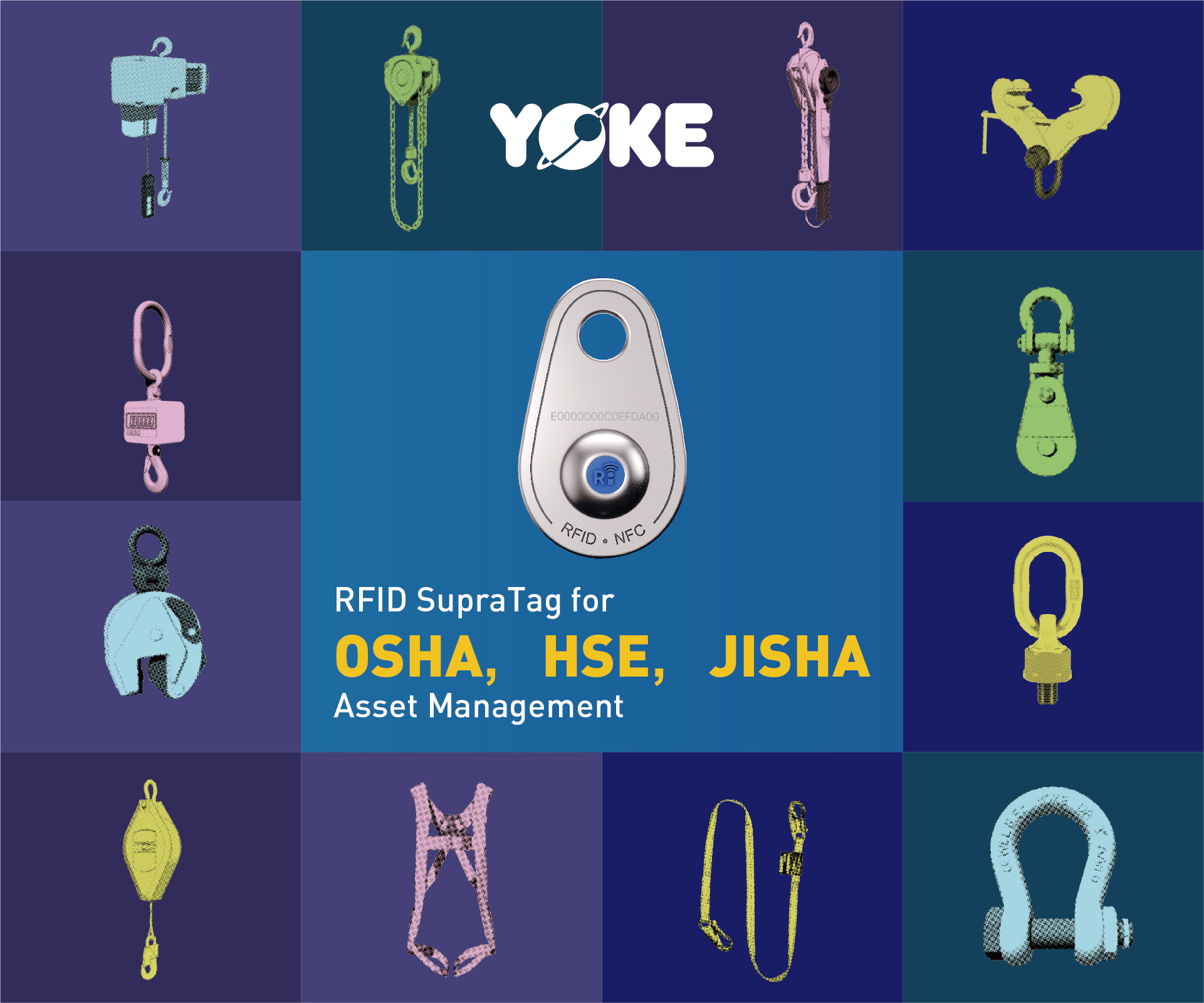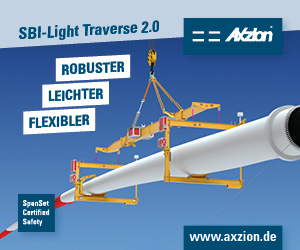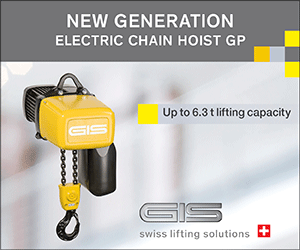)
Haulotte improves its EcoVadis score by 13 points
Based on actions carried out in 2022, Haulotte has improved its EcoVadis score by 13 points, from 46/100 in 2022 (score based on 2021 actions) to 59/100 in 2023.
The Quality, Safety and Environment teams and head management are extremely satisfied with this new score, which illustrates efforts and actions carried out by Haulotte teams all around the word.
The improvement is even higher on the ‘Environment’ theme, which evaluates numerous criteria such as energy consumption, greenhouse gas emissions and product end-of-life. This ‘Environment’ theme is the one on which Haulotte has achieved the biggest improvement of its score going from 50/100 in 2022 to 75/100 in 2023.
With a ‘silver medal’, Haulotte ranks among the top 25% of companies in its category.
Berenger Dudek, head of ESG Europe at Haulotte, said “This result confirms that we have made progress in terms of sustainability, thanks to our choice to place ESG at the heart of our vision and corporate strategy. We are making progress thanks to the commitment of our teams. In all our subsidiaries and business units, we have implemented a large number of concrete actions, which have enabled us to improve in a lot of areas linked to sustainability, and our EcoVadis score.”
Among the major actions implemented in 2022 are: the launch of the Restart Centre – the manufacturer reconditioning centre; HVO biofuels – available on all Haulotte internal combustion machines; improvements on spare parts packaging and the hydrogen-powered Range Extender project carried out in partnership with Bouygues Energies & Services.
The EcoVadis rating system evolves and becomes harder every year, reflecting changing standards and environmental issues. The aim of the EcoVadis assessment methodology is to evaluate the quality of a company’s ESG management system through its policies, actions and results. The assessment is carried out by international ESG experts and takes into account the company’s reactivity and proactivity according to these two principles:
- Reactivity: The aim is to comply with the law and mitigate the impact on stakeholders.
- Proactivity: Objective of progress: exceeding regulatory requirements, notably in terms of CO2 emissions, energy reduction, accident rate, etc.
The assessment considers a spectrum of ESG issues facing the company, grouped into four themes: environment, social and human rights, ethics and responsible purchasing. Within these themes, EcoVadis then studies 21 criteria covering the main ESG issues facing the company.











